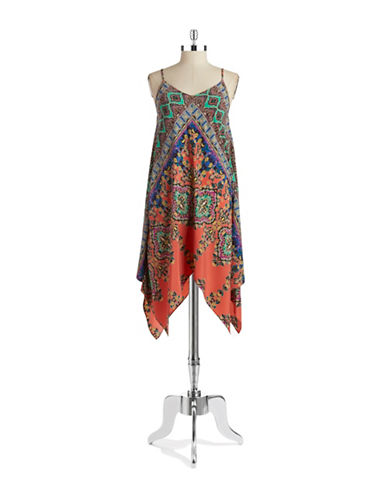 The next issue in our series of blog posts about the Olympics considers “Rule 40,” which can get both advertisers and athletes into trouble. We think Rule 40 deserves a gold medal for generating buzz in the advertising world, and a silver for generating confusion.
The next issue in our series of blog posts about the Olympics considers “Rule 40,” which can get both advertisers and athletes into trouble. We think Rule 40 deserves a gold medal for generating buzz in the advertising world, and a silver for generating confusion.
Rule 40 restricts participants in the Olympic Games (i.e., competitors, coaches, trainers, and officials) from allowing their “person, name, picture or sports performances to be used for advertising during the Olympic Games.” The advertising blackout period for the Rio 2016 Olympics is from July 27th through August 28th, which is from 9 days prior to the Opening Ceremony until 3 days after the Closing Ceremony.
Continue Reading Golden Rules: Diving Into Rule 40
 Baseball season is just around the corner, and the FTC’s
Baseball season is just around the corner, and the FTC’s 
 Sweepstakes and contests seem like they’re a dime a dozen these days, and social media sites like Facebook and Twitter have made the administration of giveaways more accessible and user-friendly for even small business users. We find that some businesses downplay the complexity of the rules and regulations governing these valuable promotional tools while others don’t even know such laws exist. A case brought recently by the
Sweepstakes and contests seem like they’re a dime a dozen these days, and social media sites like Facebook and Twitter have made the administration of giveaways more accessible and user-friendly for even small business users. We find that some businesses downplay the complexity of the rules and regulations governing these valuable promotional tools while others don’t even know such laws exist. A case brought recently by the 
 We love a good March Madness legal blog (see
We love a good March Madness legal blog (see 